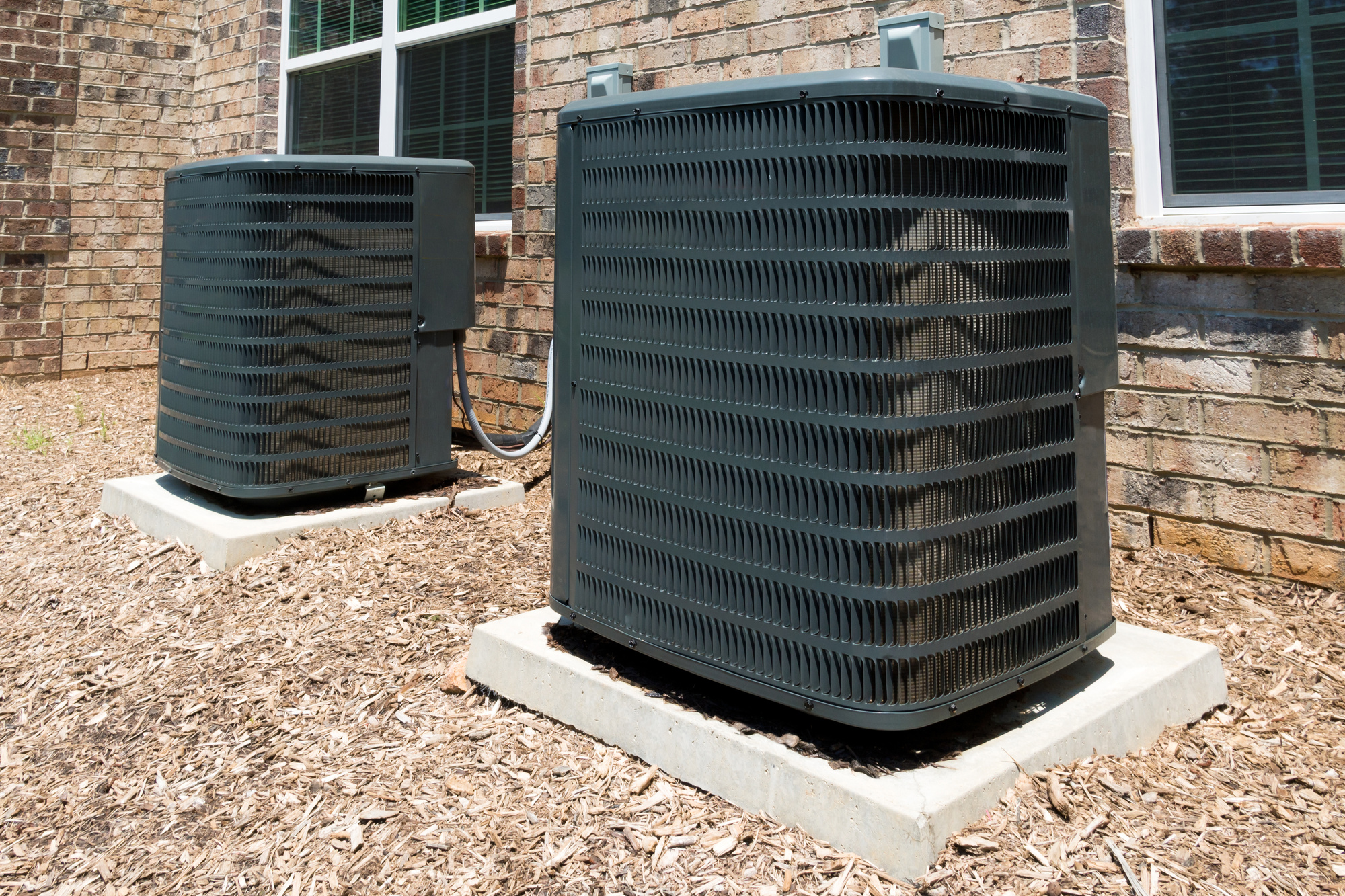Since 2001, the percentage of households with AC units has gone from 77% to nearly 90%.
We all rely on our air conditioners in the hot summer months. The last thing anyone wants is to have a broken air conditioner at the worst possible time. If this happens, it’s not just your comfort that you have to worry about, but your safety as well.
AC problems take a toll on our indoor air quality, as well as our sanity. In this post, we’re going to help you with the early detection of AC issues by telling you the most common ones and what to look for. Keep reading and you’ll be able to deal with your AC problems before they become serious.
Fully Broken Air Conditioner
If your AC unit isn’t turning on at all, it’s easy to let panic set in. Before you call an air conditioning repair service, check to make sure that there are good batteries in your thermostat. You should also look at the thermostat to ensure it’s set to “cooling”, then reset the breaker if neither of these things works.
If the unit is still unresponsive, call a professional. They’ll be able to come and diagnose the underlying issue and get your AC up and running again.
AC is Leaking
Leaking AC is probably the most common problem and, in most cases, it’s not actually a problem. As the unit cools your home, it generates moisture, which goes into the condensate line and out of the home.
If it’s generating excessive moisture, it could be a clog in the condensate line, a refrigerant leak, or a faulty pump. You can attempt to follow the manufacturer’s instructions to unclog a line, but if you’ve got a refrigerant leak or faulty pump, you’ll need to turn off your unit and call an HVAC pro.
Blowing Warm Air
No one wants to feel warm air blowing through the vents on a hot day. Again, check the thermostat to ensure it’s programmed correctly. If it looks normal, check the air filter, which could be so clogged that it’s preventing cool air from going into your system.
Part of AC maintenance is changing the filters every 90 days or so. As the filter catches dirt and debris, it gradually becomes more and more clogged and puts strain on your system.
The other thing it could be is a refrigerant leak. Touch the refrigerant line – if it’s cold, you’ve got refrigerant, but if it’s room temperature, you probably have a leak.
AC Making Noise
You’ll always hear your AC unit as it’s starting to cool your home. What you shouldn’t hear is constant noise, which may mean that the unit is short cycling. When this happens, your unit isn’t detecting the indoor temperature properly, causing it to engage more frequently.
Short cycling can take a major toll on your AC compressor, which can lead to other noisy problems. Generally speaking, if your AC unit is making too much noise, there’s a mechanical issue that needs to be looked at.
Get Your AC Problems Dealt With ASAP
Don’t let your AC problems fester. If you notice any of these common issues, it’s probably time to call a professional to have your unit inspected. A good HVAC company will have experience troubleshooting different types of AC units, so they’ll be able to find the problem, fix it, and make sure you’re comfortable in your home once again.
Did you find this post helpful? Visit us again for more on home and tech tips.










